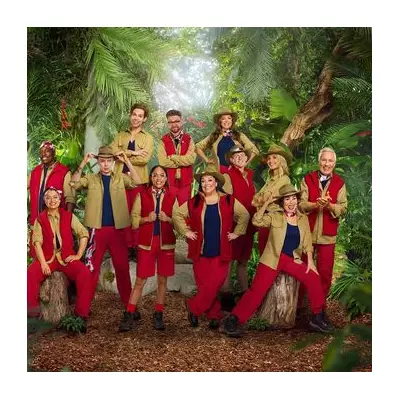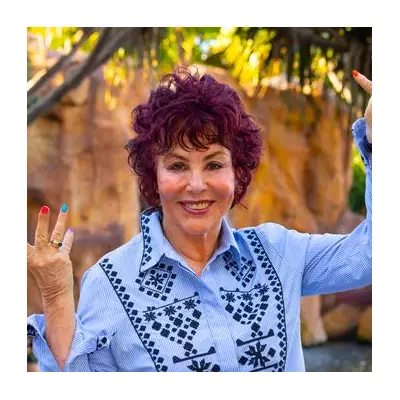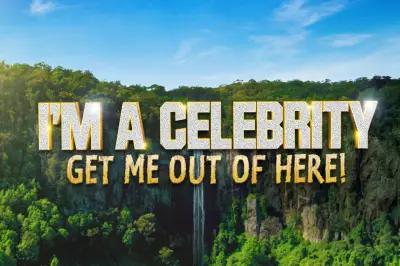
The digital landscape is about to get its most intimate look yet into the world of child influencers as YouTube prepares to launch a documentary focusing on viral sensation Salish Matter. The platform's move has sparked intense debate about the ethics of children growing up in the public eye.
The Rise of a Digital Darling
Salish Matter, whose charming videos and infectious personality captured millions of hearts online, represents a new generation of content creators who've never known life without social media. Her journey from ordinary child to internet phenomenon highlights the rapidly evolving nature of childhood fame in the digital age.
Behind the Filtered Reality
The forthcoming documentary promises unprecedented access to the realities of being a child influencer, exploring questions that have long concerned child development experts:
- The psychological impact of constant public scrutiny
- Balancing education with content creation demands
- Parental responsibilities in managing online presence
- Financial considerations and long-term career planning
The Ethical Minefield
Child advocacy groups have expressed mixed reactions to the announcement. While some welcome the transparency, others question whether documenting a child's life for entertainment purposes crosses ethical boundaries.
Dr Eleanor Vance, child psychologist specialising in digital media effects, notes: "We're navigating uncharted territory. While these platforms provide incredible opportunities, we must ensure we're not sacrificing childhood development for content creation."
Industry Regulations and Future Implications
The documentary comes at a crucial time as governments worldwide grapple with how to regulate child content creation. Key concerns include:
- Protection of earnings until children reach adulthood
- Ensuring adequate education and social development
- Managing privacy and digital footprint concerns
- Establishing industry-wide ethical guidelines
A New Era of Childhood
As Salish Matter's story prepares to unfold on screens worldwide, it raises fundamental questions about modern parenting, digital literacy, and what constitutes a healthy childhood in the 21st century. The documentary may well set precedents for how we understand and regulate the rapidly expanding world of child influencers.
With viewing figures expected to break records, the conversation around children in digital spaces has never been more urgent or relevant to parents, educators, and policymakers alike.





